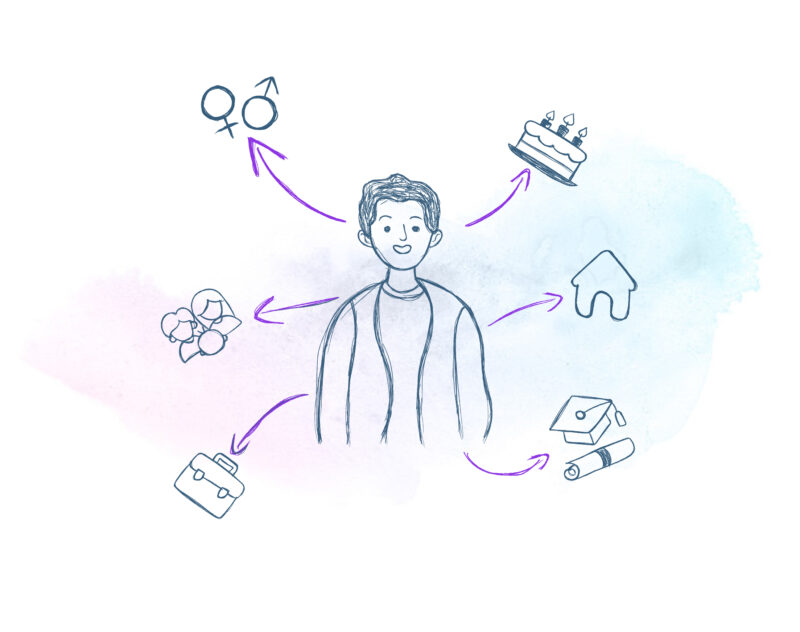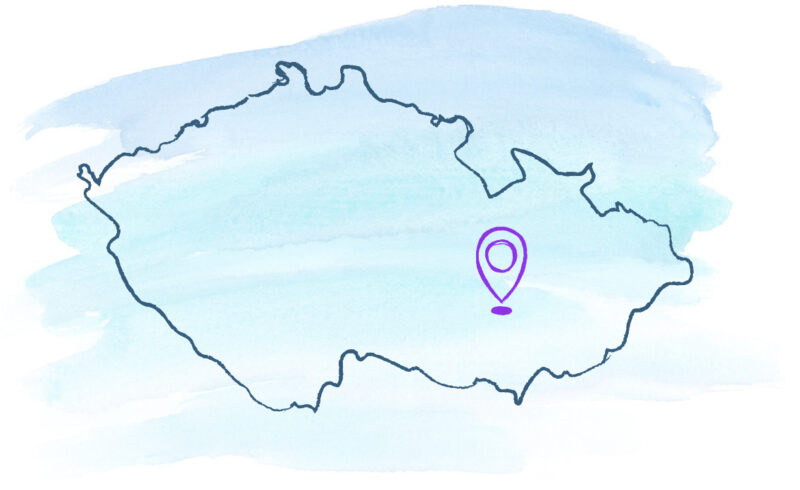
How does Meta collect data for advertising?
Facebook and Instagram are the most popular social networks in the world, but they are not just platforms for sharing photos and communicating with friends. Meta, formerly known as Facebook, is a giant in the field of social media and digital advertising. Its ability to collect and analyze user data allows it not only to improve user experiences but also to target advertising more effectively. In this article, we’ll explore how Meta collects data for advertising and what types of data are used.

Data from User Profiles
Meta collects basic information directly from user profiles, such as age, gender, location, education, work experience, and marital status. This data helps advertisers better target ads to specific demographic groups.
Interaction and Behavior on the Platform
Meta tracks how users interact with content on the platform. This includes likes, comments, shares, clicks on links, and time spent on different types of posts. This data allows Meta to personalize content and ads based on user preferences.
Activity on Other Websites and Apps
Using Facebook Pixel and other tracking tools, Meta monitors user activity outside of its platforms. When users visit partner websites or use apps that have integrated tracking codes, Meta gathers information about these visits and actions, helping to create more targeted advertising campaigns.
Location Data
Meta uses location data obtained from users’ mobile devices. This information helps advertisers target ads based on geographic criteria, which is particularly useful for local businesses and events.
Data from Messenger and WhatsApp
Communication on Messenger and WhatsApp provides another layer of data. Although the messages themselves are encrypted, Meta can still collect metadata from communication, such as the frequency and timing of message exchanges.
Data collection is at the core of Meta’s successful advertising campaigns. The gathered information allows Meta to enable advertisers to show ads that are relevant to users and likely to resonate with them.
For instance, if you frequently engage with pages related to travel, you might see ads for vacations, destinations, or travel services. Similarly, when you show interest in certain products on external websites, you may be targeted with ads from companies offering similar products that might catch your attention.
In this way, Meta leverages personal data to enhance the effectiveness of advertising campaigns, ultimately improving ad performance and return on investment (ROI).
How to Find Out What Information Meta Knows About You
Facebook can generate a file containing all the data stored about you. The waiting time for this file can range from a few minutes to several hours, depending on the amount of data Meta holds about you. Once the file is ready, you’ll receive a notification, and you can download it. Here’s how to generate such a file.



